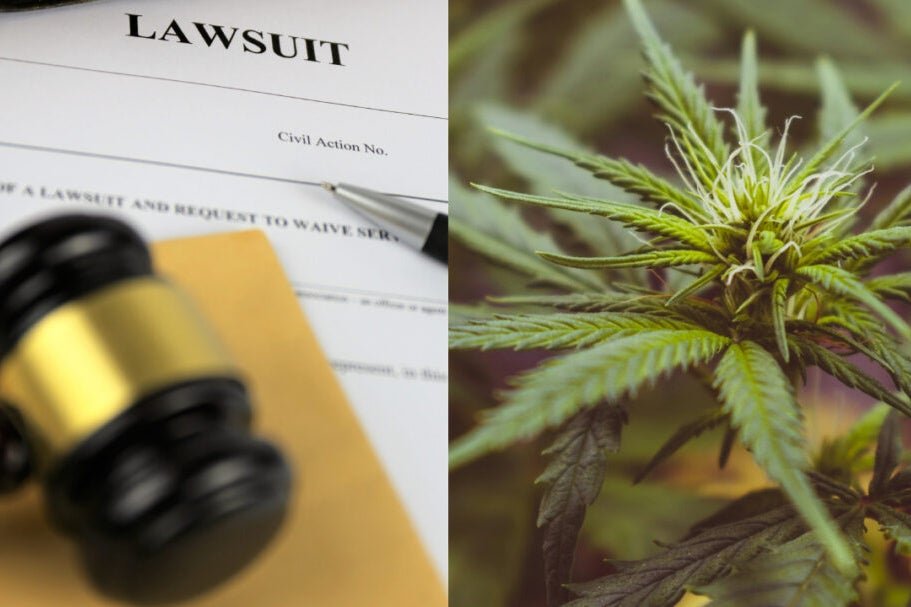New York’s cannabis social equity program is facing yet another lawsuit, this time for alleged discrimination against white men. The lawsuit, filed by Valencia AG in the U.S. District Court of the Northern District of New York, seeks to halt the program that was designed to establish a diverse and equitable cannabis market.
The lawsuit argues that the state regulators have created a program with criteria that conflict with the U.S. Constitution. It specifically targets the priority given to women and minority-owned businesses and the program’s goal of awarding 50% of licenses to social equity entrepreneurs.
According to the lawsuit, the regulations and procedures put in place by the state regulators provide favor and preference to certain races and genders, while excluding Caucasian or white men. The lawsuit claims that this violates the Equal Protection Clause of the United States Constitution.
In addition, the lawsuit criticizes the racial makeup of the Office of Cannabis Management and the Cannabis Control Board. It suggests that the appointments of Chris Alexander and Tremaine Wright to their positions were based on their race or gender.
The plaintiff is seeking punitive damages and the dismissal of all social equity licenses for minority and women-owned businesses. They also want the court to prohibit the Office of Cannabis Management from issuing licenses based on race or gender and demand equal application fees for all demographics.
However, not everyone agrees with the claims made in the lawsuit. Fatima Afia, a cannabis lawyer and expert in cannabis litigation at Rudick Law Group, commented on the lawsuit, stating that there are “Lots of baseless claims in this complaint…including that white men are being excluded and disadvantaged in the queue system because none of the members of CCB or OCM are white men.”
Afia argued that the claims made in the lawsuit are offensive to those who understand the harms caused to communities of color by the War on Drugs and who seek an equitable cannabis industry.
This lawsuit adds to the growing legal challenges faced by New York’s cannabis social equity program. It remains to be seen how the court will rule and what impact it will have on the program’s implementation.





